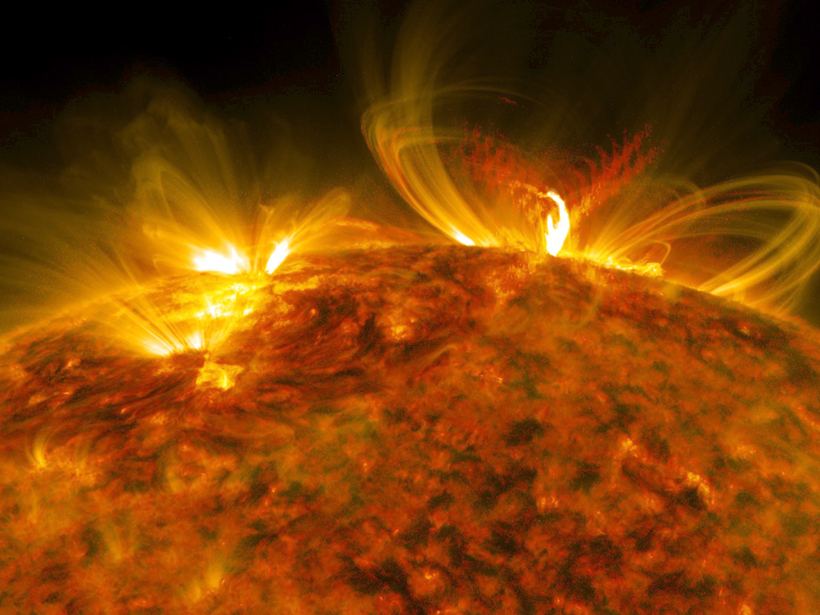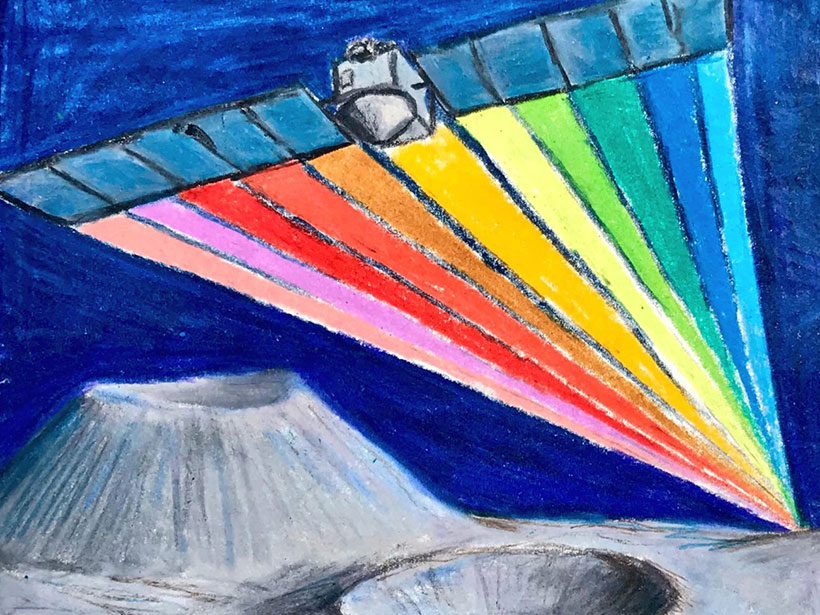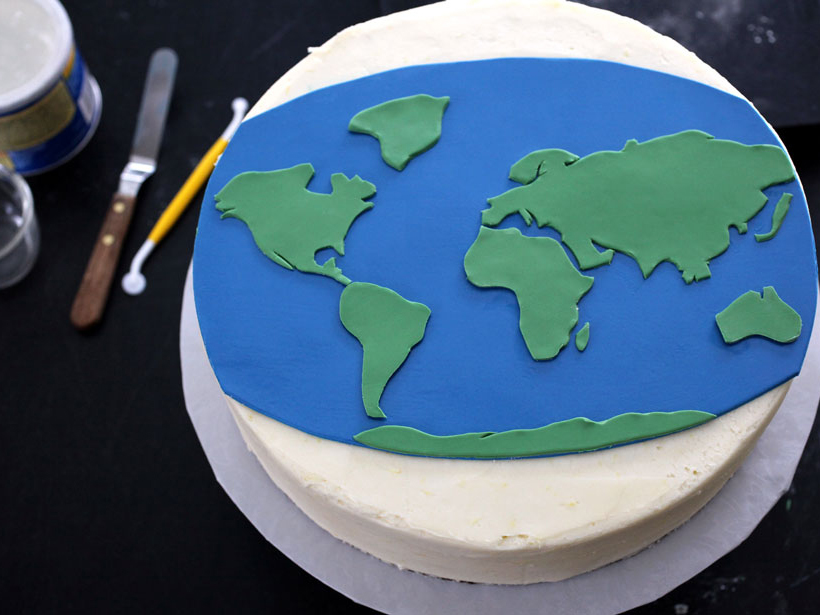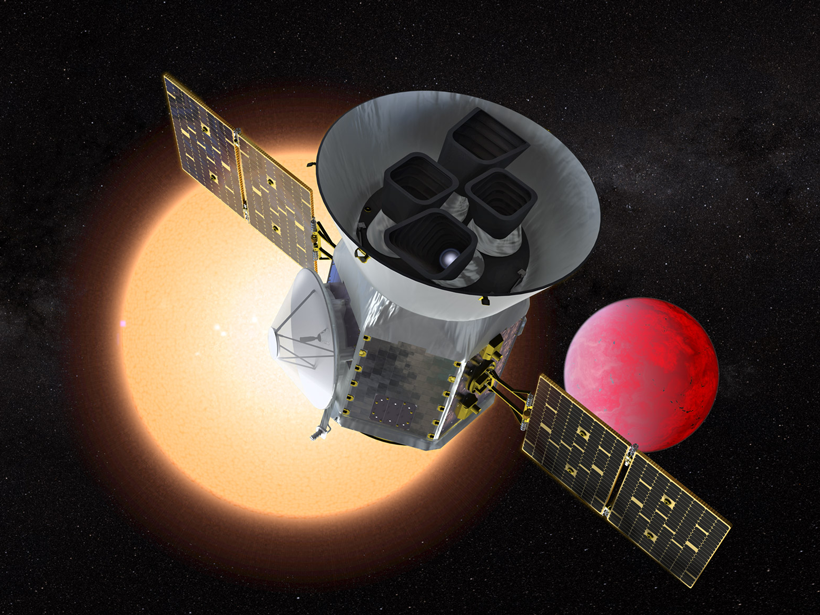A century after an asteroid crashed into Tunguska, Siberia, experts discuss the current lineup of missions to study asteroids and mitigate future disasters should another object from space hit Earth.
Kimberly M. S. Cartier
Kimberly M. S. Cartier, Senior Science Reporter for Eos.org, joined the Eos staff in 2017 after earning her Ph.D. studying extrasolar planets. Kimberly covers space science, climate change, and STEM diversity, justice, and education
Emperor Penguins’ Huddles Change in Response to Weather
How quickly the penguins huddled when weather worsened provided clues about their feeding success and how climate change may alter the Antarctic biosphere, according to scientists.
Solar Flare Caused Increased Oxygen Loss from Mars’s Atmosphere
Measurements by a Mars-orbiting spacecraft indicated heating and chemistry changes in the planet’s atmosphere following an extreme solar eruption last year.
Seeing Green: A Stratospheric View of the 2017 Total Eclipse
Airborne telescopes gave scientists a sky-high view of the 2017 Great American Eclipse as they took measurements that are difficult to obtain from the ground.
Touring the Solar System with Science Art
No sketchy science here! Just science sketches that bring conference note-taking to a whole new level.
Fresh Take on a Gold Treasure’s Origins Using Geochemistry
Blending geoscience and archaeology, researchers apply a new technique to pinpoint where ancient and unique gold artifacts were crafted.
Tasty Treats from the 2018 Great Geobakeoff
Eat your way across fascinating geologic marvels, one sweet, sugary dessert at a time.
New Lander en Route to Probe the Red Planet’s Interior
The Mars InSight mission aims to answer key planetary science questions about seismicity, meteorite impacts, and the formation of rocky planets.
Exoplanet-Hunting Telescope Launches
Scanning for traces of faraway worlds, TESS will make observations over an area hundreds of times larger than that observed by its predecessor, the Kepler Space Telescope.
Snapshots of March for Science Signs Across the Globe
From chemical puns and censorship to the spectrum of awesome and a touch of magic, signs at this year’s events showcased the science marchers’ creativity and passion…and a bit of humor.










